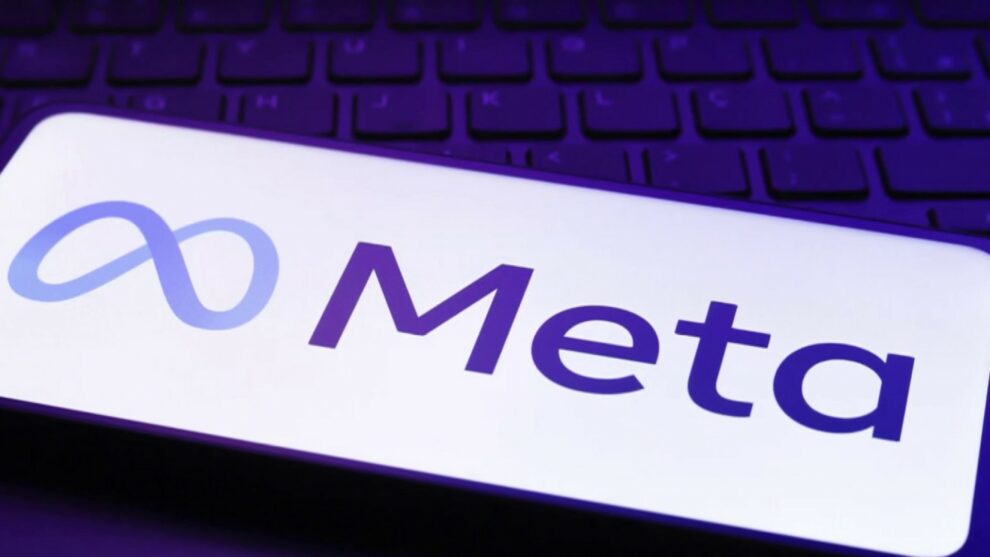Meta has confirmed its commitment to maintaining existing fact-checking operations outside the United States while proceeding with plans to replace American fact-checkers with a community-driven system similar to X’s model. The announcement, made by Meta’s head of global business Nicola Mendelsohn at Davos, highlights the company’s divergent approach to content moderation across different markets.
The social media giant’s decision to phase out professional fact-checkers in the U.S. marks a significant departure from policies implemented over recent years in response to widespread criticism about misinformation on its platforms. The timing of this shift coincides with the incoming Trump administration, raising questions about the influence of political changes on content moderation strategies.
Meta’s new U.S. approach will mirror the community notes system popularized by Elon Musk’s X platform, where users play a more active role in identifying and contextualizing potentially misleading content. Speaking to Bloomberg, Mendelsohn indicated the company would monitor the effectiveness of this new system throughout the year before considering any broader implementation.
However, the company faces significant regulatory challenges in expanding this approach globally, particularly in the European Union where strict digital content laws are in effect. The Digital Services Act (DSA) imposes robust requirements on social media platforms to combat misleading content, potentially limiting Meta’s ability to replicate its U.S. strategy in European markets.
The dual approach to fact-checking reflects the increasingly complex landscape of global content moderation, where platforms must balance different regulatory requirements, political pressures, and user expectations across various regions. Meta’s decision to maintain its international fact-checking program while experimenting with alternative approaches in the U.S. suggests a recognition of these varying demands.
The success or failure of Meta’s community-driven fact-checking system in the U.S. could have far-reaching implications for how social media platforms approach content moderation globally. The experiment represents a significant test case for whether user-driven content verification can effectively replace professional fact-checking services.
Meta’s strategy also highlights the growing divide between American and European approaches to social media regulation. While U.S. platforms increasingly experiment with reduced moderation and increased user participation, European regulators continue to push for more structured oversight and professional fact-checking systems.
The announcement comes at a critical time for social media platforms, as they grapple with the challenge of maintaining user trust while adapting to changing political and regulatory environments. The outcome of Meta’s U.S. experiment could influence future content moderation strategies across the social media landscape, potentially reshaping how platforms approach the persistent challenge of misinformation.
For now, users outside the United States will continue to experience the same fact-checking systems they’ve become accustomed to, while their American counterparts prepare for a significant shift in how potentially misleading content is identified and addressed on Facebook and Instagram.
This evolving situation underscores the broader debate about the most effective approaches to combating misinformation online, balancing the need for accurate information with concerns about censorship and the role of professional fact-checkers versus community-driven solutions.
















Add Comment